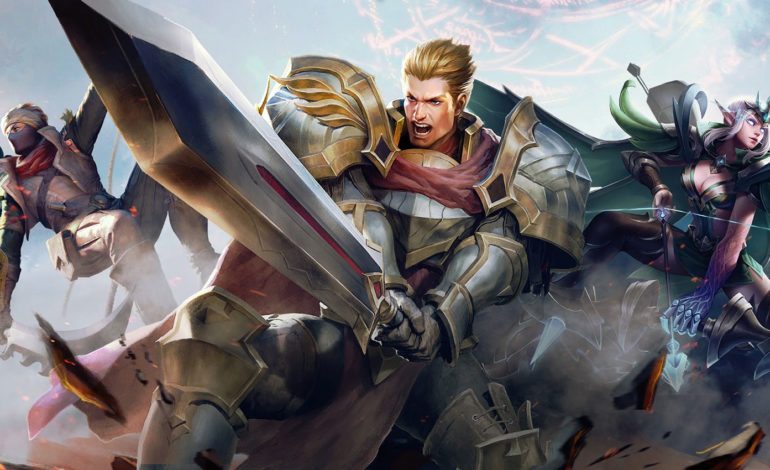

For the first time since July 2021, China has granted publishing licenses to 45 games according to a Reuters report on Monday. The 9-month long freeze caused thousands of small developers to lose a critical revenue source, but now companies including Tencent, Lilith Games, XD and Seasun Entertainment are able to create games in the country. The National Press and Publication Administration (NPPA) published the list on its website for the first time since last July. This has caused video-sharing website Bilibili to rise more than 8% in early trading in New York, with NetEase up 3%. Game company XD in particular, had its game “Party Star” approved.
“We expect a slight improvement in the company’s business outlook in the Chinese market this year now that Flash Party, which was already launched in Japan in February and still remains one of the top five free games in Japan’s App Store, has been approved,” XD said in a report on Nikkei Asia.
The original game freeze in July suspended approvals for new games without a reason or official acknowledgment of the decision. Typically, China’s gaming regulator signed off on about 80 to 100 new games a month. In light of this, China had made measures to implement video game restrictions for anyone under the age of 18. At that time, Reuters reported that around 62.5 percent of Chinese minors play games online, and 13.2 percent of underage mobile game users play for more than 2 hours a day. The NPPA claimed that the video game restrictions and eventual ban intends to protect children’s mental and physical health. The Chinese government had also been concerned about eye problems among young gamers.
In 2018, Tencent had been criticized by state-run People’s Daily which called the popular mobile game Arena of Valor “poison.” Reports indicated that students were ditching their homework to play the game. This spurred the move for Tencent to require Chinese users to show their IDs before logging into their games to prove they are above the restriction age.
China’s Gaming Industry Report reported the industry had more than 150 billion yuan ($32 billion USD) in the first half of 2021. With the halt on games, Chinese-media-run outlet Securities Daily reported that 14,000 game developers in the country shut down. A year before, the number was 18,000. Gaming addiction is apparently an issue for China, with more than 30% of Chinese children suffering with it in 2018. In that year, China overhauled its regulatory process for games and frozen approvals for about 9 months.
Play games, take surveys and take advantage of special offers to help support mxdwn. Every dollar helps keep the content you love coming every single day.
